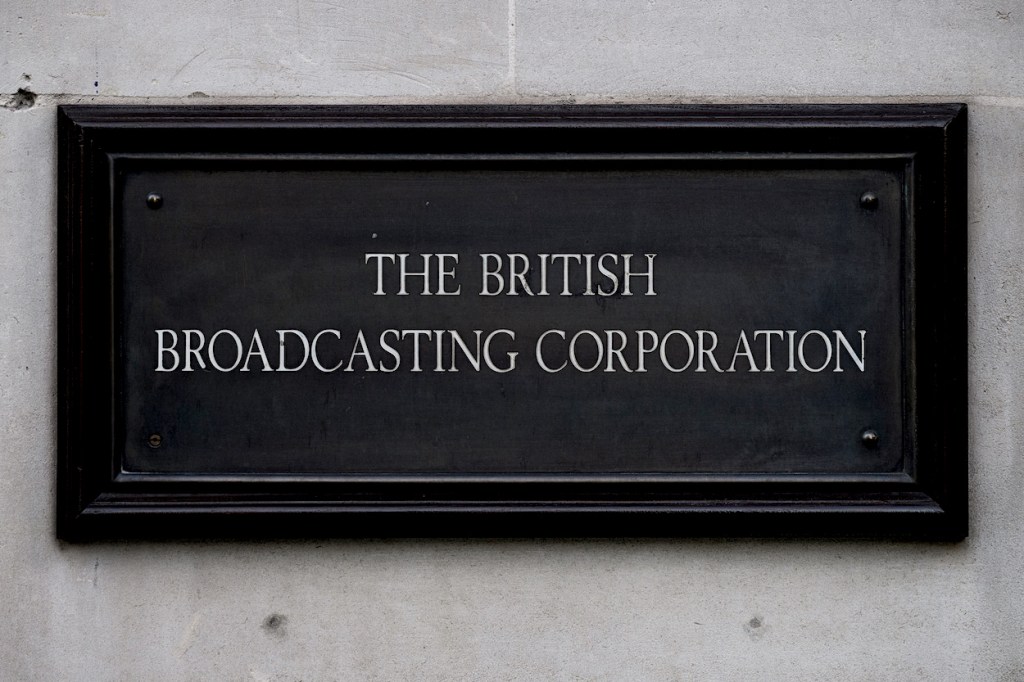We expect Ryanair tickets to cost more on holiday Saturdays than term-time Tuesdays and Uber fares to surge in the rush hour. When bidders drive an Old Master painting into the millions, we praise the skill of the auctioneer. And of course dynamic prices can go down as well as up. These are market mechanisms to match supply and demand, recognising that some buyers will pay more than others for desirable scarce goods. So why the hoo-hah about ticket prices for Oasis’s reunion tour, which doubled as supply dwindled for those towards the end of the online queue?
Labour ministers, Brussels bureaucrats and US justice officials have all declared that the Ticketmaster sales platform needs looking into, while commentators agree that any such offer should at least be fully transparent. Fans should know they’ll pay more if they’re late, just as they would if they bought from a tout. Maybe a fixed-price ballot system would be ‘fairer’. Oasis’s Noel and Liam Gallagher have denied ‘any awareness that dynamic pricing was going to be used’. But why shouldn’t their managers consider the ageing brothers’ pension needs and maximise the takings from what’s probably a farewell tour?
A possible explanation for the fuss in this country is that the Gallaghers’ fans represent a former-Blairite middle-aged demographic which the current government is eager to please and which includes influential media types all too ready to share their ticket rage on the airwaves. Was I among them? Of course I wasn’t. The only comparable anecdote I can offer was when I took myself out of a very long queue some years ago because I was repeatedly asked to pay up to stay in it. Call me old-fashioned, but that was the waiting list for membership of Glyndebourne.
An eye on oil
Isn’t it odd that news media take so little interest in the price of oil these days, given that it still accounts for almost 35 per cent of the UK’s ‘total energy supply’? The price of a barrel of Brent crude last peaked above $120 in June 2022; since then it has been on a long downtrend towards $70. Why?
Obviously enough, this is another story of anticipated demand and actual supply. Cheaper oil reflects an extended slowdown in China and recent undershoots in US manufacturing and employment statistics. On the supply side, Opec has just deferred a production increase planned for October for fear of even weaker prices.
Next week’s long-expected rate cut by the Federal Reserve should prompt an oil price uptick; some pundits think it will also see the pound strengthen against the dollar, making imports cheaper. But that won’t last long if foreign exchange markets take a dimmer view of UK prospects after an October Budget that scares investors – while public sector pay soars and oil companies take the opportunity to raise fuel prices at the pump. Next thing you know, we’ll be back to worrying about the inflation spike we thought had just been flattened. Always keep a weather eye on the oil price.
Rise and fall
Here comes Aldi, created by Karl and Theo Albrecht from their mother’s corner shop in bombed-out postwar Essen in Germany, dismissed as a mere ‘discounter’ when it first opened here (in Stechford, Birmingham) in 1990 – but now bigger than Morrisons, embraced by value-conscious middle-class shoppers and challenging Asda for third place in the national grocery league as it embarks on an £800 million investment in new UK stores.
And there goes Burberry, the outerwear label worn by Shackleton in the Antarctic, once a global icon of restrained British style – but latterly adopted by ‘chavs’ and too many Chinese tourists, corporately disrupted by too many management upheavals, and displaying a share price down by 70 per cent over the past year, prompting one analyst to express ‘concerns around the ability of Burberry to remain a high-end luxury brand’. Retailing’s risers and fallers make a fascinating field of study.
Mockery please
I sense renewed post-holiday feistiness among the chattering classes. Picking up my theme from last week, a first High Court challenge has been launched against Labour’s imposition of VAT on school fees. And my inbox is overflowing with unprint-ably rude definitions of the verb ‘to Starmer’, all emphasising po-faced self-righteousness masking political dishonesty. Accompanying suggestions include an issue to all Tory MPs, to be worn at PMQs, of Groucho Marx specs labelled ‘a gift from Lord Waheed Alli’; and a childcare strike by Labour MPs’ grannies until their winter fuel payments are restored. All too trivial, given the havoc Labour could be about to wreak? Maybe, but remember what low mockery did to demolish John Major, a far more admirable prime minister than Sir Keir Starmer is ever likely to be.
Defiant innovators
Meanwhile my own natural cheerfulness is rapidly being restored by meeting this year’s finalists for our Economic Innovator Awards. Halfway through our national judging tour, I’m struck as always by the determination of early-stage entrepreneurs to realise the fullest potential of their products; by contrast, how few ever mention the prospect of cashing out when the chance arises.
That’s lucky. Because Rachel Reeves’s capital gains tax raid is about to make it harder to hang on to self-made fortunes, while the Starmerist duvet of doom suffocates the risk appetite of venture capitalists on whom ambitious business builders rely – and drives other valuable economic contributors, reportedly including celebrity plumber Charlie Mullins, to move abroad.
But I’m confident our innovator winners will thrive against the odds. Do take a look at the amazing range of regional finalists at spectator.co.uk/innovator.








Comments